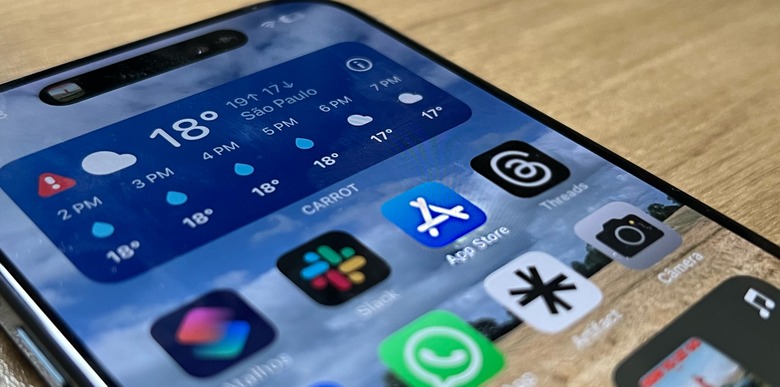Spotify, Epic, And More Team Up On Apple In Letter To European Commission
In the coming days, Apple will introduce a number of substantial changes to the iOS platform in Europe to abide by the Digital Markets Act (DMA). As a result of the DMA, Apple is now allowing alternative app marketplaces on iOS and giving developers the ability to opt out of using Apple's in-app payment system. These changes might look significant on the surface, but 34 major tech companies penned a letter to the European Commission expressing their disapproval of these changes and "raising concerns about Apple's lack of compliance."
Spotify raised concerns about Apple's compliance (or lack thereof) with the new law in January. The music streamer referred to Apple's new 0.50 cent Euro fee per download for developers as "extortion," claiming that "Apple is rendering the DMA's goals of offering more choice and more control to consumers useless."
Now, Epic Games, Deezer, Threema, and 30 other companies are joining Spotify to discuss the same concerns one last time before the March 6 compliance deadline.
In their letter, the companies claim that "Apple's new terms not only disregard both the spirit and letter of the law, but if left unchanged, make a mockery of the DMA and the considerable efforts by the European Commission and EU institutions to make digital markets competitive."
According to the companies, "the most obvious and egregious" ways Apple doesn't comply with the DMA include the "false choice" between sticking with its current terms or opting into the new terms, the new fee structure that will "hamper fair competition with potential alternative payment providers," and Apple's attempts to scare users into avoiding alternative app stores.
The companies also made it clear that the DMA can't succeed if Apple isn't stopped:
To succeed, the DMA must create opportunities for real competition, including alternative app stores and sideloading. New app stores are critical to driving competition and choice both for app developers and consumers. Sideloading will give app developers a real choice between the Apple App Store or their own distribution channel and technology. Apple's new terms do not allow for sideloading and make the installation and use of new app stores difficult, risky and financially unattractive for developers. Rather than creating healthy competition and new choices, Apple's new terms will erect new barriers and reinforce Apple's stronghold over the iPhone ecosystem.
Whether or not this has any impact on Apple's proposed changes remains to be seen. We'll find out next week when Apple rolls out iOS 17.4, but given the proximity to the deadline, we have to imagine this is a war that will be waged for years to come.
